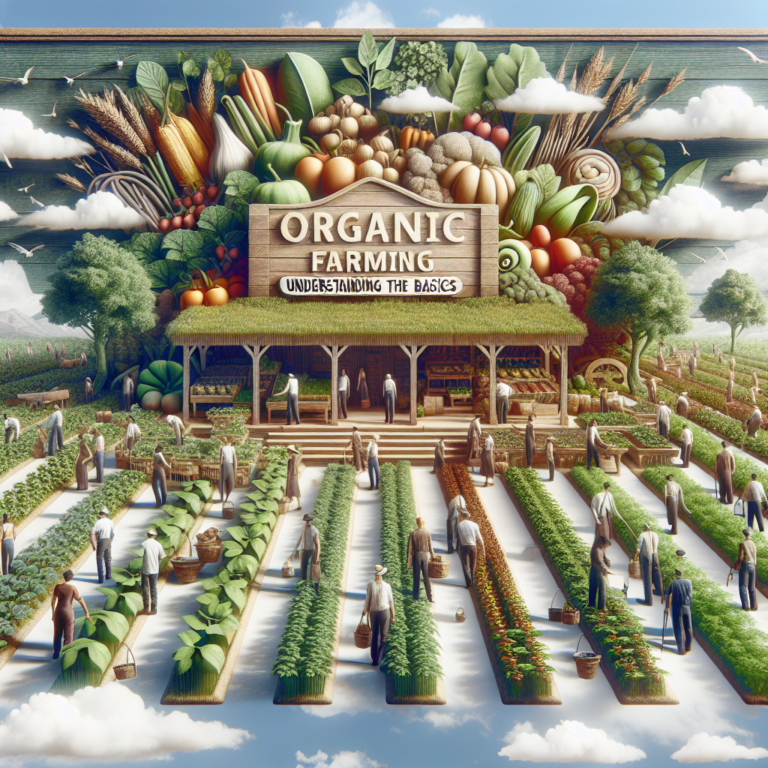Organic farming certification is a process that ensures that farmers and producers follow specific guidelines to produce organic products. These guidelines are set by regulatory authorities to ensure that the products are free from synthetic chemicals, pesticides, and genetically modified organisms (GMOs). Understanding the basics of organic farming certification is important for consumers, farmers, and producers alike.
One of the key components of organic farming certification is the use of organic farming practices. This includes maintaining and improving soil fertility, using crop rotation and intercropping to control pests and diseases, and using natural methods to manage weeds. Farmers must also avoid using synthetic fertilizers, pesticides, and herbicides, as well as GMO seeds.
To obtain organic farming certification, farmers must undergo a rigorous inspection process by a third-party certification body. This inspection process typically involves on-site visits to the farm to ensure that the farmer is following all the necessary guidelines for organic farming. The certification body will also review the farmer’s records and documentation to verify compliance with organic standards.
Once a farmer is certified, they are able to label their products as organic, which can command higher prices in the marketplace due to the perceived health and environmental benefits of organic products. Consumers can look for the certified organic label on products to ensure that they are purchasing genuine organic products.
For consumers, understanding the basics of organic farming certification can help them make informed choices when shopping for organic products. By looking for the certified organic label, consumers can be confident that the products they are purchasing are free from synthetic chemicals and GMOs.
For farmers and producers, organic farming certification can open up new market opportunities and increase their profitability. By following organic farming practices and obtaining certification, farmers can differentiate their products in the marketplace and attract consumers who are willing to pay a premium for organic products.
In conclusion, understanding the basics of organic farming certification is essential for consumers, farmers, and producers to ensure the integrity of organic products. By following organic farming practices and obtaining certification, farmers can produce high-quality organic products that are beneficial for both the environment and human health. Consumers can then make informed choices when purchasing organic products, knowing that they are supporting sustainable and environmentally friendly agricultural practices.
